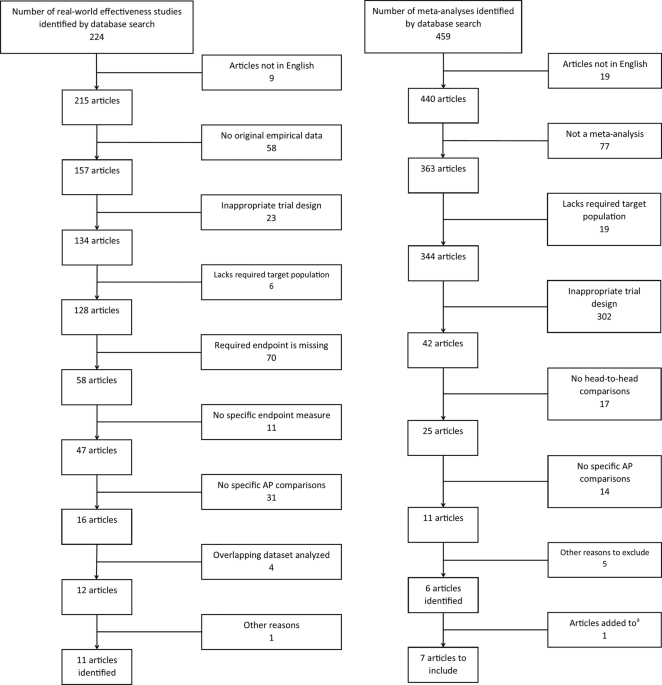- Joined
- Oct 15, 2017
- Messages
- 728
- Reaction score
- 2,124
People seemed to like my Sunday morning musings last week so here's another.
I dislike seroquel intensely. Which doesn't mean I don't use it. But, reasons I hate it--
1. Makes people fat. Recently was looking through data on metabolic effects and was shocked in the literature it's not shown to be one of the worst. My experience is people gain tons of weight.
2. Orthostatic hypotension. I do a lot of geri and CL, so seroquel is obviously often a theoretical first line for pts with Parkinson or LBD. But goddam the orthostatic hypotension is real and dangerous. And you also get people who have been on it for decades who become vasculopaths as they get older and its a real problem.
3. It's so hard to wean. Even with cooperative patients it's hard. Sometimes I'd rather be weaning a benzo.
4. Related to #3, seroquel is the only non-controlled med I've been SCREAMED at when a patient needed a refill or wanted restarted in the hospital. The other times that happens are benzos and Adderall. Really makes one think, no? We know it has "abuse potential" but that's said of wellbutrin too and no one has ever melted down at me to get their wellbutrin. Or gabapentin.
5. Does it even antipsychotic? Yeah, yeah, we all know that doses need to be high to get dopamine blockade. I just can't shake the feeling it doesn't do its job on that front. If I am going to make someone gain a ton of weight I may as well give them olanzapine. At least that's an effective antipsychotic.
6. I want to be able to put people straight on latuda and vraylar for bipolar depression but get stuck in prior Auth hell unless they've tried seroquel. Hate.
What's your experience been?
I dislike seroquel intensely. Which doesn't mean I don't use it. But, reasons I hate it--
1. Makes people fat. Recently was looking through data on metabolic effects and was shocked in the literature it's not shown to be one of the worst. My experience is people gain tons of weight.
2. Orthostatic hypotension. I do a lot of geri and CL, so seroquel is obviously often a theoretical first line for pts with Parkinson or LBD. But goddam the orthostatic hypotension is real and dangerous. And you also get people who have been on it for decades who become vasculopaths as they get older and its a real problem.
3. It's so hard to wean. Even with cooperative patients it's hard. Sometimes I'd rather be weaning a benzo.
4. Related to #3, seroquel is the only non-controlled med I've been SCREAMED at when a patient needed a refill or wanted restarted in the hospital. The other times that happens are benzos and Adderall. Really makes one think, no? We know it has "abuse potential" but that's said of wellbutrin too and no one has ever melted down at me to get their wellbutrin. Or gabapentin.
5. Does it even antipsychotic? Yeah, yeah, we all know that doses need to be high to get dopamine blockade. I just can't shake the feeling it doesn't do its job on that front. If I am going to make someone gain a ton of weight I may as well give them olanzapine. At least that's an effective antipsychotic.
6. I want to be able to put people straight on latuda and vraylar for bipolar depression but get stuck in prior Auth hell unless they've tried seroquel. Hate.
What's your experience been?




